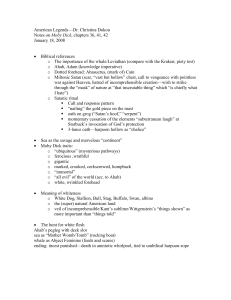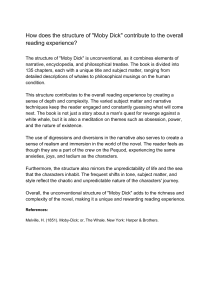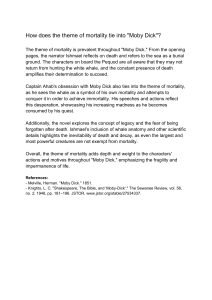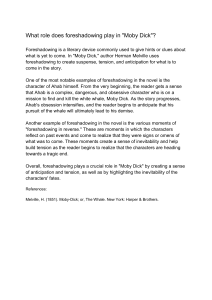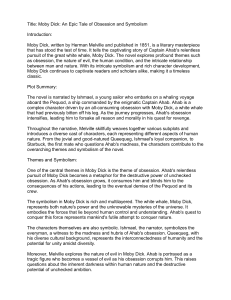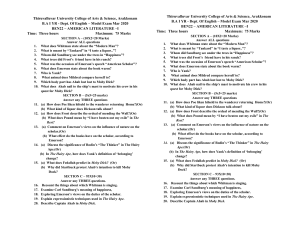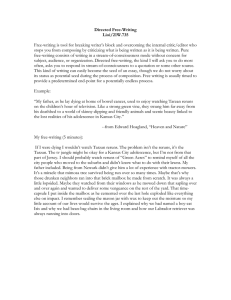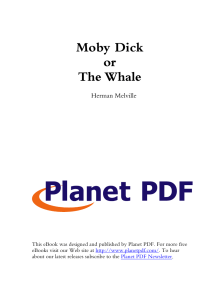Writing: Getting Started
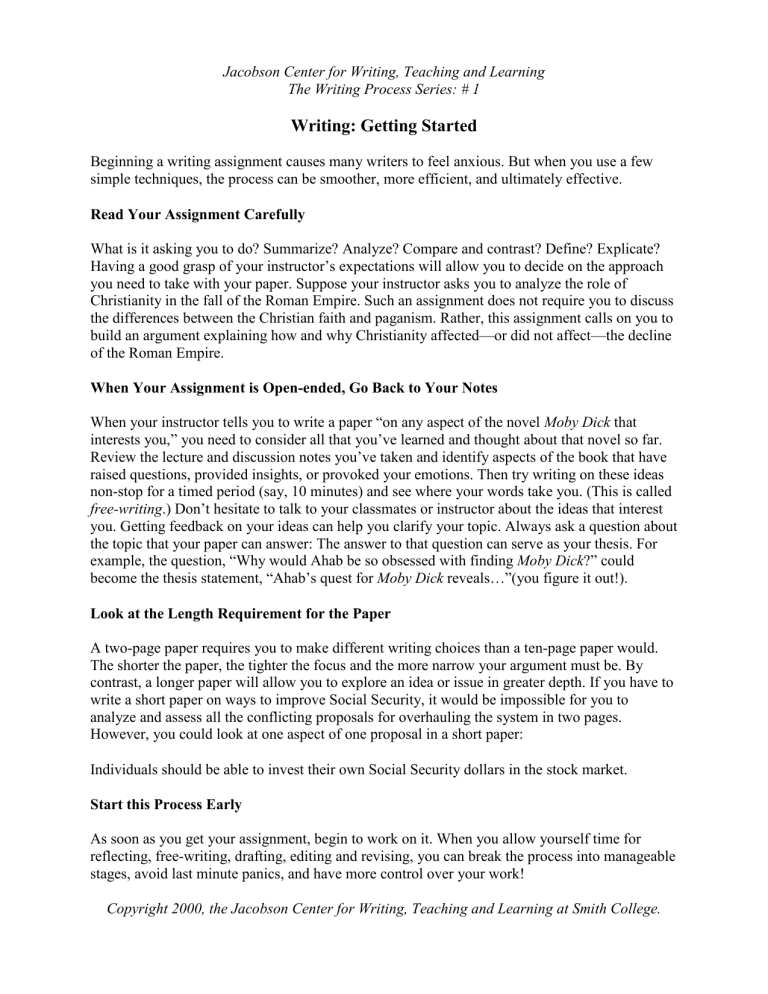
Jacobson Center for Writing, Teaching and Learning
The Writing Process Series: # 1
Writing: Getting Started
Beginning a writing assignment causes many writers to feel anxious. But when you use a few simple techniques, the process can be smoother, more efficient, and ultimately effective.
Read Your Assignment Carefully
What is it asking you to do? Summarize? Analyze? Compare and contrast? Define? Explicate?
Having a good grasp of your instructor’s expectations will allow you to decide on the approach you need to take with your paper. Suppose your instructor asks you to analyze the role of
Christianity in the fall of the Roman Empire. Such an assignment does not require you to discuss the differences between the Christian faith and paganism. Rather, this assignment calls on you to build an argument explaining how and why Christianity affected—or did not affect—the decline of the Roman Empire.
When Your Assignment is Open-ended, Go Back to Your Notes
When your instructor tells you to write a paper “on any aspect of the novel Moby Dick that interests you,” you need to consider all that you’ve learned and thought about that novel so far.
Review the lecture and discussion notes you’ve taken and identify aspects of the book that have raised questions, provided insights, or provoked your emotions. Then try writing on these ideas non-stop for a timed period (say, 10 minutes) and see where your words take you. (This is called free-writing .) Don’t hesitate to talk to your classmates or instructor about the ideas that interest you. Getting feedback on your ideas can help you clarify your topic. Always ask a question about the topic that your paper can answer: The answer to that question can serve as your thesis. For example, the question, “Why would Ahab be so obsessed with finding Moby Dick ?” could become the thesis statement, “Ahab’s quest for Moby Dick reveals…”(you figure it out!).
Look at the Length Requirement for the Paper
A two-page paper requires you to make different writing choices than a ten-page paper would.
The shorter the paper, the tighter the focus and the more narrow your argument must be. By contrast, a longer paper will allow you to explore an idea or issue in greater depth. If you have to write a short paper on ways to improve Social Security, it would be impossible for you to analyze and assess all the conflicting proposals for overhauling the system in two pages.
However, you could look at one aspect of one proposal in a short paper:
Individuals should be able to invest their own Social Security dollars in the stock market.
Start this Process Early
As soon as you get your assignment, begin to work on it. When you allow yourself time for reflecting, free-writing, drafting, editing and revising, you can break the process into manageable stages, avoid last minute panics, and have more control over your work!
Copyright 2000, the Jacobson Center for Writing, Teaching and Learning at Smith College.
